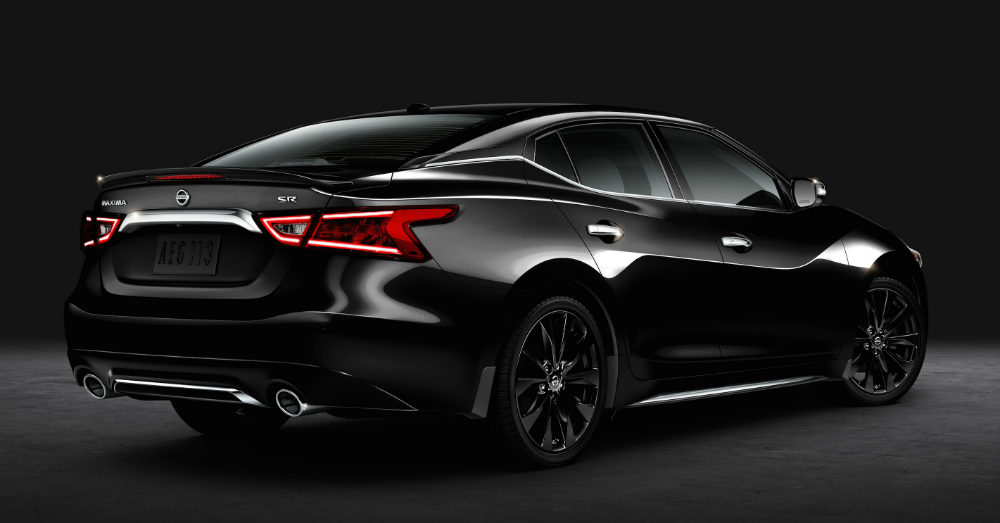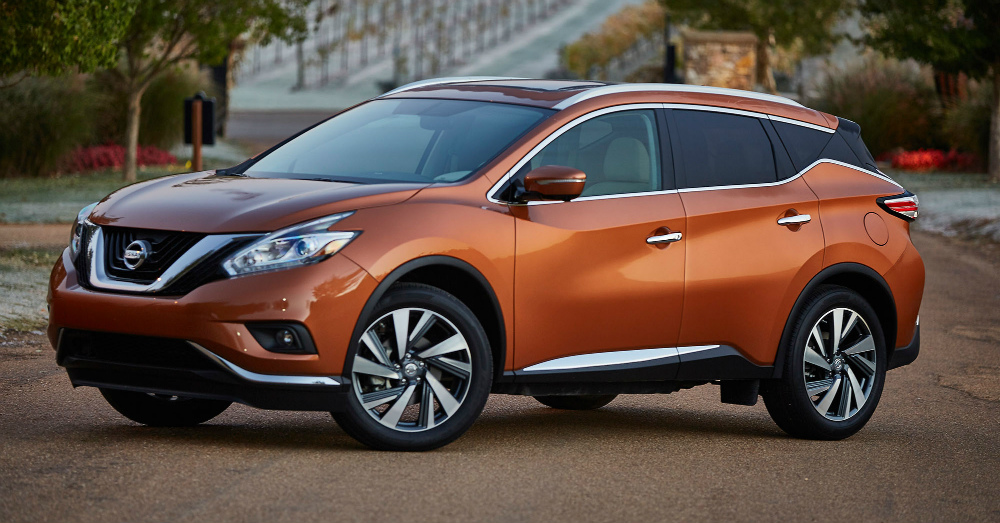
Electric Cars Might Not Be the Answer
For the past several years we have thought of electric cars as the answer to the pollution crisis that is damaging the atmosphere and causing the hole in the ozone layer. We have been led to believe that electricity is a naturally regenerating resource that we can make easily. This is true for many countries that rely on wind, water and solar power to create electricity, but in other countries this might not be the case. There are some countries that burn coal to create electricity and this burning emits carbon dioxide into the atmosphere.
This emission of carbon dioxide is harmful to the atmosphere and if plants cannot turn this into oxygen fast enough the carbon emission into the atmosphere can be detrimental. In Hong Kong more than half the power of the city relies on coal burning to produce electricity and in China the number is higher with coal accounting for over sixty percent of the energy for the most populated country in the world. Other types of fuel such as nuclear and natural gas burning to create electricity only account for about 22 percent in either of these locations, making for an interesting conversation regarding electric vehicles.
Because of this burning of coal for electricity the energy required to fuel a Tesla Model S produces nearly twenty percent more carbon dioxide than a gasoline engine. This makes a car such as the BMW 320i more environmentally friendly in these countries than the Tesla models could ever be. Over the lifespan of an electric car the release of carbon dioxide is 4.4 metric tons more than it would be for the BMW model even after you figure in everything needed to operate the gasoline powered vehicle on the streets of the cities in these countries.
If a city or country uses a different form of energy generation the numbers are decreased, but for countries that utilize coal the most, electric vehicles are a threat to their environment and not a benefit. In these areas that understand the need to create the energy to charge these cars those who own the vehicles are being charged additional taxes to subsidize the effects of the additional pollution on the atmosphere. For a long time we have been told electric cars are the answer to helping the environment, but as you can easily see this only works if the entire process is clean and regenerative.
Does this mean we shouldn’t continue to build electric vehicles? Not at all, what we need is to help countries that rely on coal to turn towards other forms of energy creation or to understand these locations will be better served by hydrogen fuel cell vehicles or to continue to use gasoline powered vehicles that are more efficient than ever before. For the rest of the world that uses other sources of energy creation that don’t emit pollutants into the environment, the electric cars are still the way to be environmentally friendly, but did you ever think you would hear of a place where a BMW 320i was more environmentally friendly than a Tesla Model S?
This post may contain affiliate links. Meaning a commission is given should you decide to make a purchase through these links, at no cost to you. All products shown are researched and tested to give an accurate review for you.



